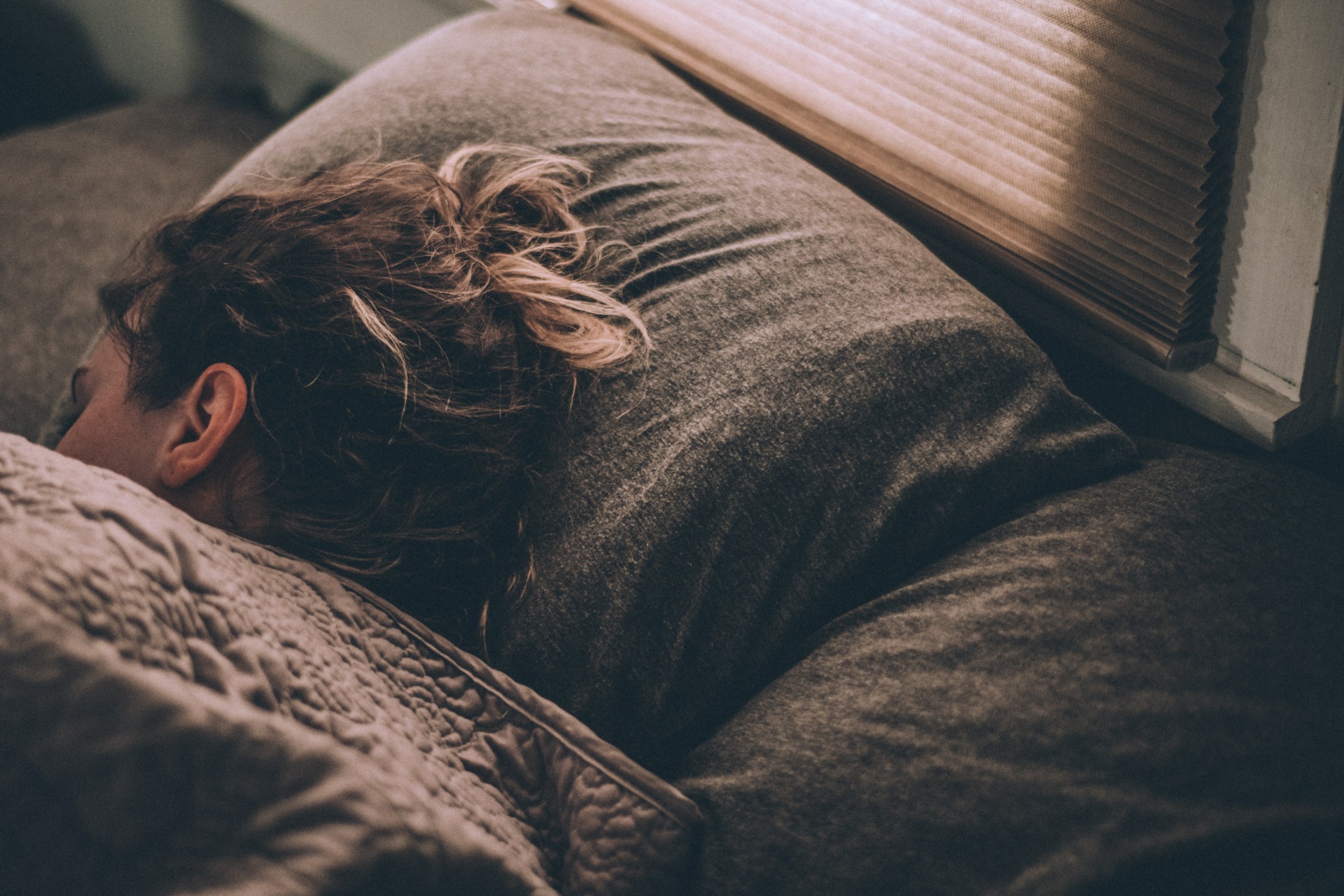The importance of sleep cannot be understated. Sleep plays a vital role in our physical and emotional health; believe it or not, it helps to regulate our heart and circulatory system, hormones, metabolism, brain function and much more. A lack of sleep is more than uncomfortable; it can lead to injuries, disease and other health problems. Unfortunately, the United States isn’t sleeping well overall—about 70 million Americans suffer from chronic sleep disorders.
But all is not lost. Recognizing that you are in a sleep deficit and making changes to improve your snoozing can have a major impact on your day-to-day life. Quality sleep can boost productivity, prevent depression and improve your immune system, among other benefits.
What is Sleep Hygiene?
In our productivity-driven culture, it’s hard to stop and rest, but the only way to achieve higher quality sleep is to make sleep a priority. Just like we improve our physical health and hygiene with a focus on diet and exercise, we can improve the quality of our rest by paying more attention to sleep hygiene. According to The National Sleep Foundation, sleep hygiene means “having a bedroom environment and daily routines that promote consistent, uninterrupted sleep.”
There are a variety of lifestyle changes that can help create a better night’s sleep. Here are six recommended ways to improve sleep hygiene and feel rested.
1. No Screens at Bedtime
Electronic devices emit a blue light that sends signals to your brain that it is daytime, which may suppress melatonin production. It’s best to stop watching TV and other devices at least 30 minutes before going to bed. You could even take it one step further and keep your devices out of the bedroom altogether.
2. Eat Dinner Early
Eating a heavy meal late at night means you’ll still be digesting when you go to bed, which could affect your sleep. Try to eat at least two hours before heading to bed, and keep any late-night snacks on the lighter side.
3. Maintain a Regular Sleep Schedule
Do your best to go to sleep and wake up at the same time every day. When you do this, your train your brain to naturally recognize when it’s time to wake up and go to sleep.
4. Create a Relaxing Bedtime Routine
Doing the same calming, enjoyable things every night will help your brain to recognize that it’s time to go to sleep. You might choose to light a candle, stretch, journal or smoke a joint. Many people adopt cannabis into their bedtime routines because THC can help to promote sleep and regulate the body’s sleep cycles.
5. Transform Your Bedroom into a Sleep Oasis
A comfortable sleep environment will make it easier to fall and stay asleep. Keep it dark, quiet and cool with light-blocking shades, a white noise machine and a fan (some fans emit enough sound to double as the noise machine, too). Bedding and night clothes made out of breathable materials like cotton or hemp will be even more sleep-inducing.
6. Reduce Caffeine and Sugar Intake
Caffeine may be a tempting way to stay energized throughout the day, but it could affect your sleep. Consuming less sugar, caffeine and alcohol will help you sleep more soundly. Instead of drinking alcohol in the evening, try a cannabis tincture or gummy as an alternative nightcap to help you relax and fall asleep. Cannabis is an effective sleep aid, but if you do choose to consume cannabis in the evening, be careful not to overdo it or you may feel groggy in the morning.




